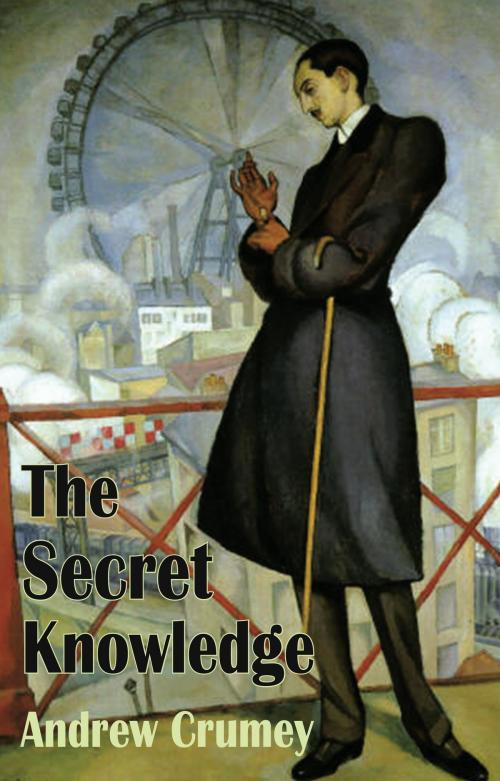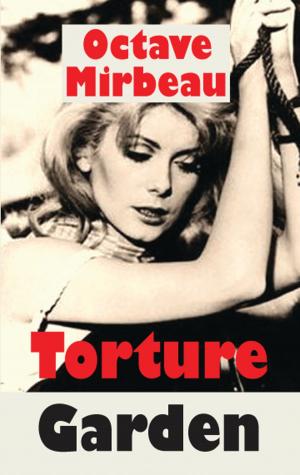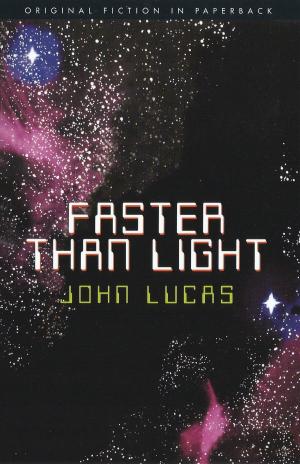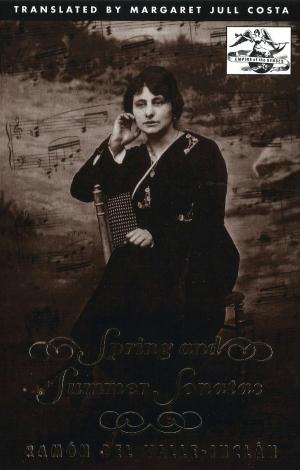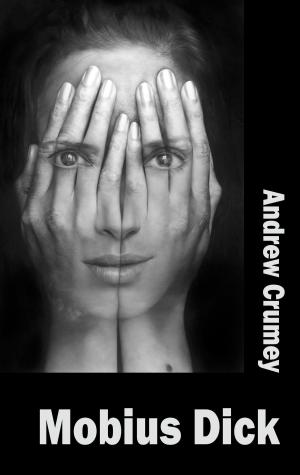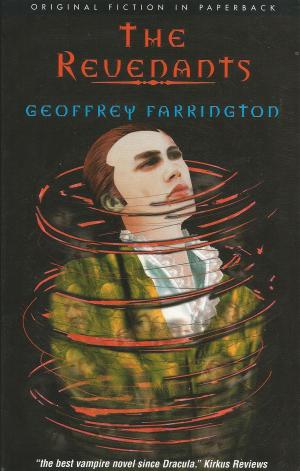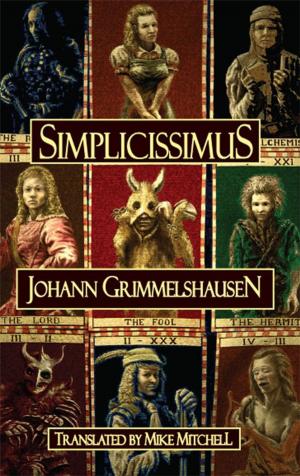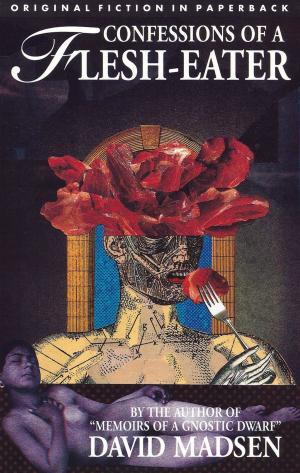| Author: | Andrew Crumey | ISBN: | 9781909232563 |
| Publisher: | Dedalus Ebooks | Publication: | January 5, 2010 |
| Imprint: | Dedalus Ebooks | Language: | English |
| Author: | Andrew Crumey |
| ISBN: | 9781909232563 |
| Publisher: | Dedalus Ebooks |
| Publication: | January 5, 2010 |
| Imprint: | Dedalus Ebooks |
| Language: | English |
'A mystery tale that leaps between a washed-up pianist in London and assorted European intellectual heavyweights, with a pioneering socialist and a clandestine head of esoteric initiates in its background, Andrew Crumey's seventh novel finds the author up to his old tricks. Crumey begins his story in Paris in 1913, a date perhaps chosen for its significance both to modern music (the premiere of The Rite of Spring) and quantum theory (the Bohr model of the atom). A young composer at a peak moment - out at a fair with his fiancee on his arm and his first major work locked away back home - suddenly vanishes, only to pop up again six years later as a political agitator in Scotland. As Crumey's readers will immediately recognize, we have entered one of his mirrored boxes of many worlds. Pierre Klauer, a Schrodinger's cat writ large, is simultaneously dead in Paris and alive on Clydeside.' Paul Griffiths in The Times Literary Supplement '... one of the most interesting books I've read this year. I recommend it, as a head-turning sort of philosophical fiction that's rarely done, and even more rarely done so well.' John Self in Asylum
'A mystery tale that leaps between a washed-up pianist in London and assorted European intellectual heavyweights, with a pioneering socialist and a clandestine head of esoteric initiates in its background, Andrew Crumey's seventh novel finds the author up to his old tricks. Crumey begins his story in Paris in 1913, a date perhaps chosen for its significance both to modern music (the premiere of The Rite of Spring) and quantum theory (the Bohr model of the atom). A young composer at a peak moment - out at a fair with his fiancee on his arm and his first major work locked away back home - suddenly vanishes, only to pop up again six years later as a political agitator in Scotland. As Crumey's readers will immediately recognize, we have entered one of his mirrored boxes of many worlds. Pierre Klauer, a Schrodinger's cat writ large, is simultaneously dead in Paris and alive on Clydeside.' Paul Griffiths in The Times Literary Supplement '... one of the most interesting books I've read this year. I recommend it, as a head-turning sort of philosophical fiction that's rarely done, and even more rarely done so well.' John Self in Asylum
